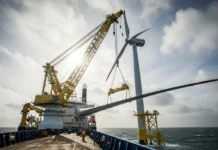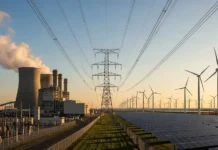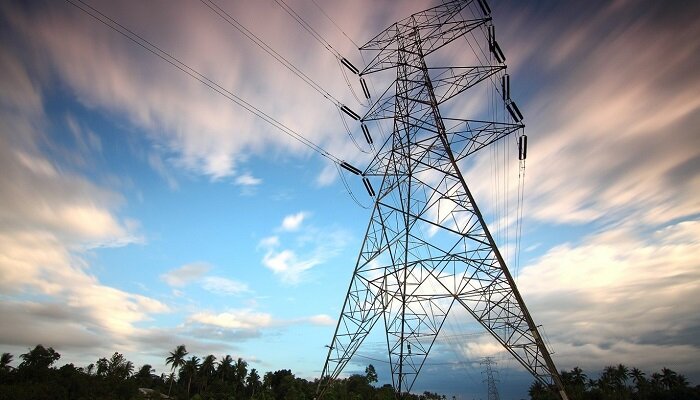If you are thinking of buying a generator, you have many options. You can choose from different fuel types, including Natural gas and Diesel. You can also get one that runs on batteries.
Propane
Propane generators are a versatile choice for home and industrial applications. These fuel-efficient devices can also be used for outdoor drilling projects. Propane generators are often powered by a gas engine, and their engine power rating tells the user how much power they can expect.
Some models have as low as 10 horsepower, while others can reach 18 horsepower. Higher engine power means higher performance, but it also means more fuel consumption.
When choosing a propane generator, consider the size and weight. Some units are lightweight, while others are large and heavy. Most propane generators weigh between 100 and 300 pounds. It’s also important to consider the noise level, since generators tend to be loud. Most models have a decibel rating of 70, which is similar to the sound of a car engine. There are ultra-quiet models, though, which run at 55 decibels.
Another advantage of propane is its clean burning. In comparison to gasoline, wood, and other fuel sources, propane emits no harmful byproducts or emissions. Additionally, it’s safe to store and use. Propane is also cheaper than gasoline. This makes propane a good option for many homeowners.
Natural gas
There are several factors to consider when shopping for a natural gas generator.
For starters, the gas supply must be available for the generator to operate. Many generators rely on hoses and lines to keep the fuel supply flowing. If these aren’t in good condition, natural gas can leak through cracks and cause a fire or explosion. Furthermore, natural gas generators are not as effective in cold temperatures, and high altitudes can reduce their performance.
Next, consider the size of the generator. A natural gas generator is typically larger than a diesel generator. This can be a problem for sites that have limited space. It is also important to consider the installation costs and your budget before choosing a generator. Many natural gas utilities also have a rebate program that can help cover the installation costs.
Choosing a natural gas generator that has an automatic transfer switch can make the overall cost lower. This feature is standard on most natural gas generators rated five kilowatts and above. Manual transfer switch models require you to manually activate the switch whenever the electricity goes out.
Diesel
When you are shopping for a diesel generator, there are many different factors you must consider. You want to choose a unit with the correct specifications for the area where you intend to use it. You should also consider the noise level. Some models of diesel generators feature noise reduction technology.
It’s important to remember that diesel generators are complicated pieces of machinery. They require proper maintenance and should be purchased from a dealer who knows how to use them properly. Purchasing a diesel generator from an untrustworthy dealer can put you at risk for purchasing a unit that is not reliable.
Diesel generators provide backup electricity in a wide range of applications, from rural areas to cities. They are used to support utility grids by providing secondary electricity during times of peak demand. They are also used to provide electricity during periods of grid failure. For example, the UK national grid has a program called STOR (Short Term Operating Resiliency) that uses diesel generators for backup electricity.
The initial cost of a generator is often justified by the lower running costs of the unit. However, diesel generators can be pricey. Starting at 150 kW, they’re considerably more expensive than natural gas generators. You will likely have to hire a staff member to maintain a steady supply of diesel fuel to ensure the generator is running efficiently.
Diesel generators are also much more expensive than gasoline generators. The installation costs can account for as much as a quarter of the price. Nevertheless, there are several advantages to using a diesel generator. They provide clean electricity, and they won’t damage sensitive electronics. Click here for a diesel price tracker.
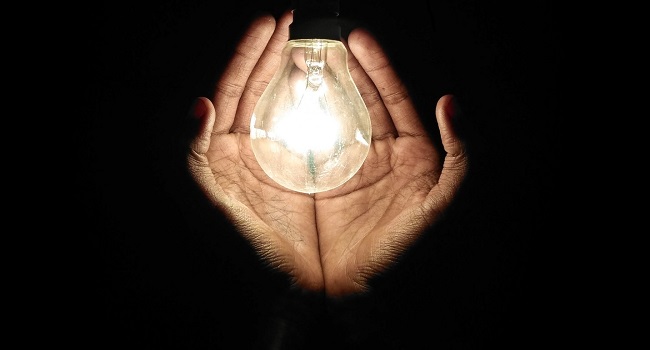
Battery-powered inverter
If you need a portable backup power source, consider a battery-powered inverter generator. These units feature rechargeable lithium-ion batteries and a variety of port options. You can find portable battery inverter generators with two, four, or five outlets.
Battery-powered inverter generators are a great way to power mobile homes and other larger equipment. They produce much cleaner power than conventional generators, which depend on engine speed. They also make it possible to power a home’s A/C system. The inverter technology helps reduce engine load and fuel consumption. If fuel efficiency is a concern, choose an inverter with voltage regulation.
If you plan on using a generator often, it’s a good idea to get more than one. This way, you can combine the two units when needed. This will allow you to replace one large generator with several smaller units. Alternatively, you can create a custom power generation plan with a team of experts. This can help ensure that your generator is tailored to your needs.
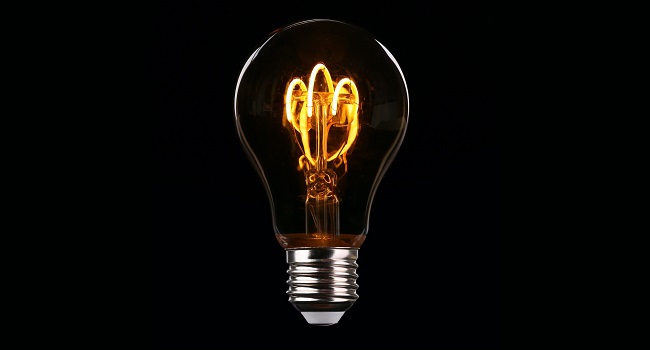
They improve efficiency
Power systems are designed with a variety of technologies and features. These add to the final cost, and many people end up paying for features they will never use. In order to save money, it is often better to customize the system to meet specific needs. This way, the manufacturer can devote more of its resources to other tasks rather than to trying to make a product with more features than necessary.
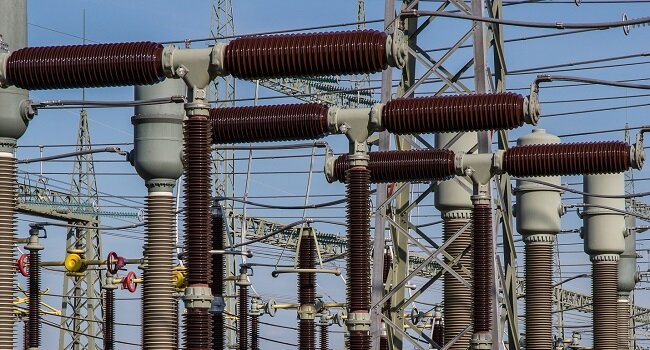
They are affordable
Custom power solutions can help you meet the needs of your customers without breaking the bank. The engineering department at a customization company can help you develop the right power system based on the requirements of your business. This way, you can reduce the cost of the unit and divert resources to other projects. This process can take as little as a few weeks.











